Some criminal charges can become allegations of domestic violence if they are done to certain groups of people, like spouses, children, partners, exes, and roommates. Not all offenses, though, will be considered as domestic violence just because they are done to the latter. Offenses like manslaughter or murder are not forms of domestic violence, even when the victim qualifies.
Some people are surprised by this aspect of Maine’s domestic violence law. In their eyes, murder and manslaughter are the most severe crimes on the books and can be committed against family members, so there is no reason why they shouldn’t lead to domestic violence charges.
Here’s why the law has it right.
Call 207-571-8146 or contact us online to schedule a consult with one of our highly skilled criminal defense & OUI lawyers, serving Southern Maine, today.
Table of Contents
What a Domestic Violence Charge Adds to the Criminal Process
When an underlying criminal offense like assault is committed against a family or household member, it becomes domestic violence assault. The difference is significant for a lot of reasons:
- Prior convictions for domestic violence can elevate the potential penalties differently than if it was a standard assault charge;
- A conviction for the charge will include more extensive probation and a rehabilitative course;
- No contact and restraining orders will likely be filed; and
- A conviction leads to a federal prohibition from owning or using firearms.
The Goal of These Additional Consequences: Protect the Victim
In theory, at least, everything in criminal law has a purpose.
When it comes to domestic violence law, some of the additional penalties and consequences that are on the table for a conviction are designed to provide additional protection for the victim. Stripping someone of the right to bear arms is not just an arbitrary decision to inflict as much pain and punishment as possible – it’s designed to protect the victim of the domestic violence by making it illegal for their abuser to carry a weapon that could quickly and irreparably change his or her life for the worse.
After a Fatality, the Goal Disappears
Family or household members who have been the victims of murder or manslaughter or any other criminal offense that involves a fatality do not need to be protected from further domestic violence because they are now deceased.
The overarching goal of the additional penalties levied against people convicted of a crime of domestic violence are no longer relevant. Forcing someone to go to a mandatory rehabilitation class no longer protects someone else from further violence.
Without a reason to levy these penalties against someone convicted of murdering or unintentionally killing a family or household member, the additional penalties no longer make sense. Not only do they not make sense, but they are also irrelevant because the penalties for crimes like murder or manslaughter either include some of the same domestic violence penalties or are more significant than them.
Contact Our Domestic Violence Defense Lawyers Today
The criminal defense team at Maine Criminal Defense Group strives to represent people who have been accused of domestic violence in the state of Maine. These allegations are serious and require defense tactics that are both strong and tactful to preserve your future and your freedom.
If you have been accused of a crime of domestic violence and want legal representation, call us at (207) 571-8146 or contact us online.
Call 207-571-8146 or contact us online to schedule a consult with one of our highly skilled criminal defense & OUI lawyers, serving Southern Maine, today.
Blog Posts
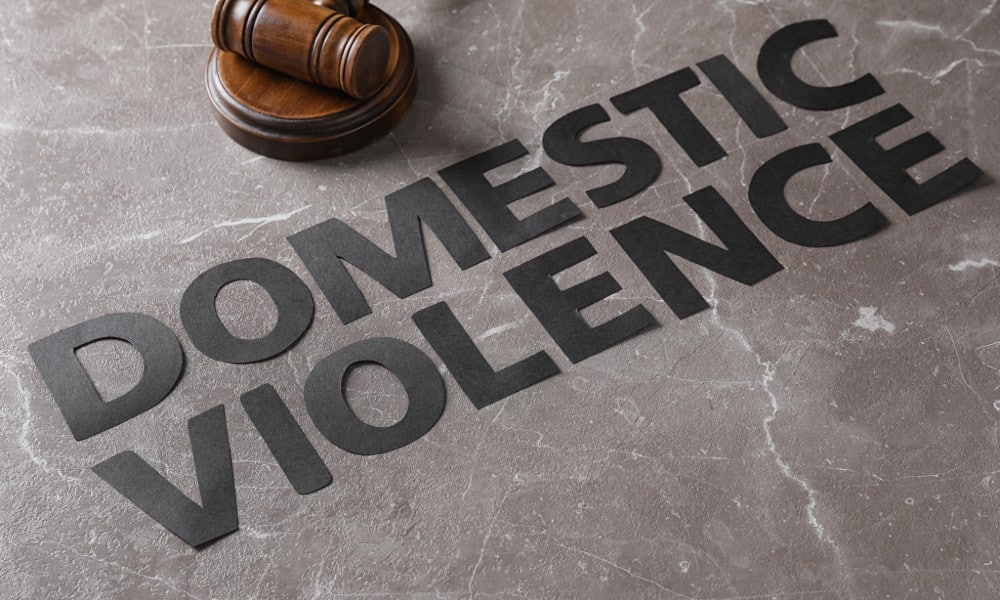
A domestic violence conviction can have serious consequences in Maine Assault, criminal threatening, and reckless conduct in domestic settings can all be classed as domestic violence in Maine—and criminal charges[...]

Defending those accused of domestic violence in Southern Maine Assault, criminal threatening, and reckless conduct in domestic settings can all be classed as domestic violence in Maine—and criminal charges can[...]

Sexual assault and sexual battery both refer to criminal offenses where a victim does not provide consent to sexual contact. This contact may or may not involve penetration, force, violence,[...]
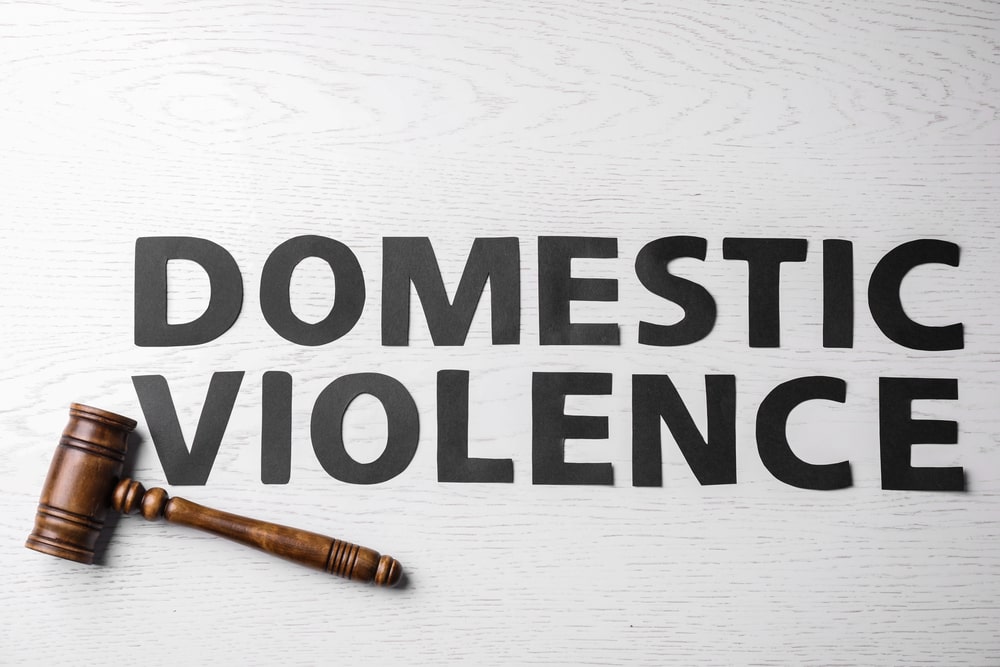
The domestic violence and stalking laws in Maine are currently being updated to address some shortcomings in the previous laws and to add clarity for both victims and accused parties[...]

In recent years, convictions for domestic violence offenses in Maine have increased as state prosecutors rigorously pursue cases. This has led to harsher penalties for offenders, which makes it even[...]
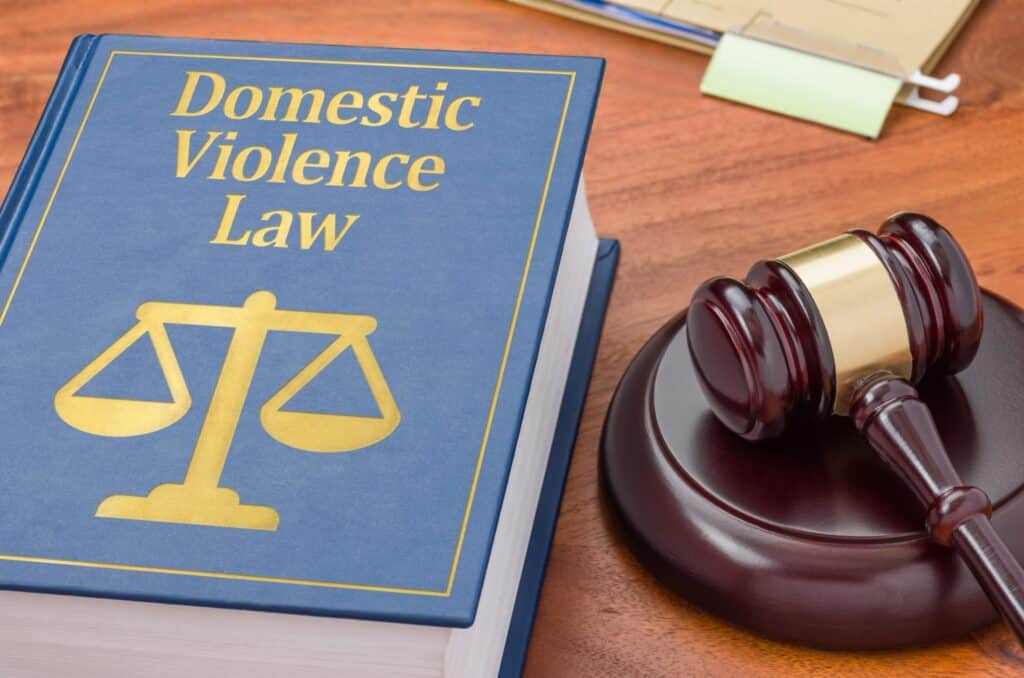
Crimes of domestic violence in the state of Maine can be confusing. This is because crimes of domestic violence are really just other crimes, like assault or battery, when those[...]

A protection from abuse order (PFA) can make it illegal for an individual to contact you or your children in the state of Maine. Filing a PFA is often a[...]
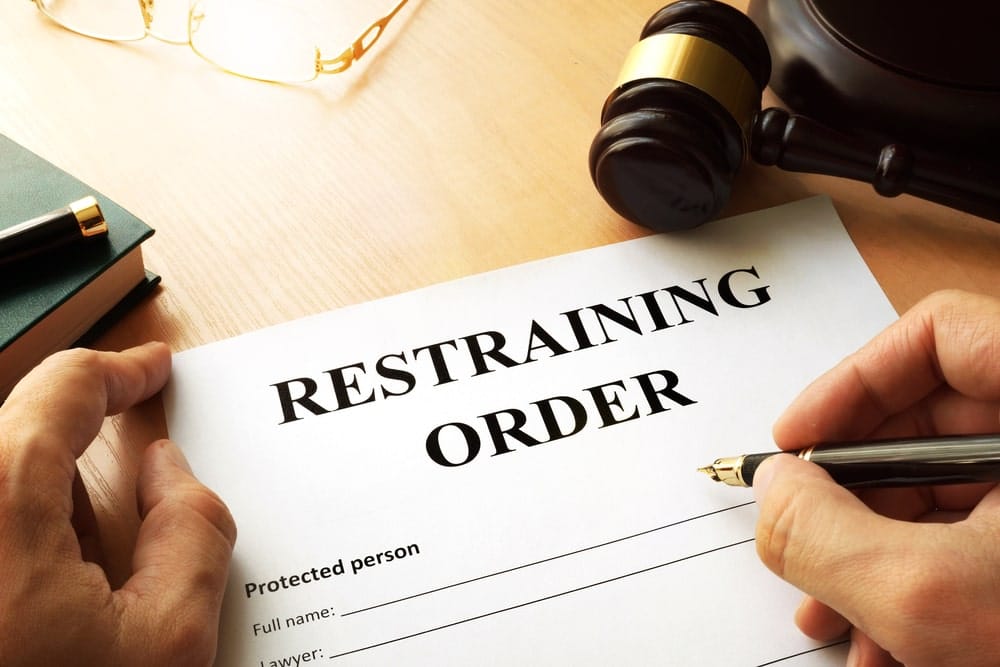
Protection from Abuse Orders (PFAs), such as restraining orders and no-contact orders, are frequently issued by the courts in domestic violence cases in Maine but are often confused. No contact[...]
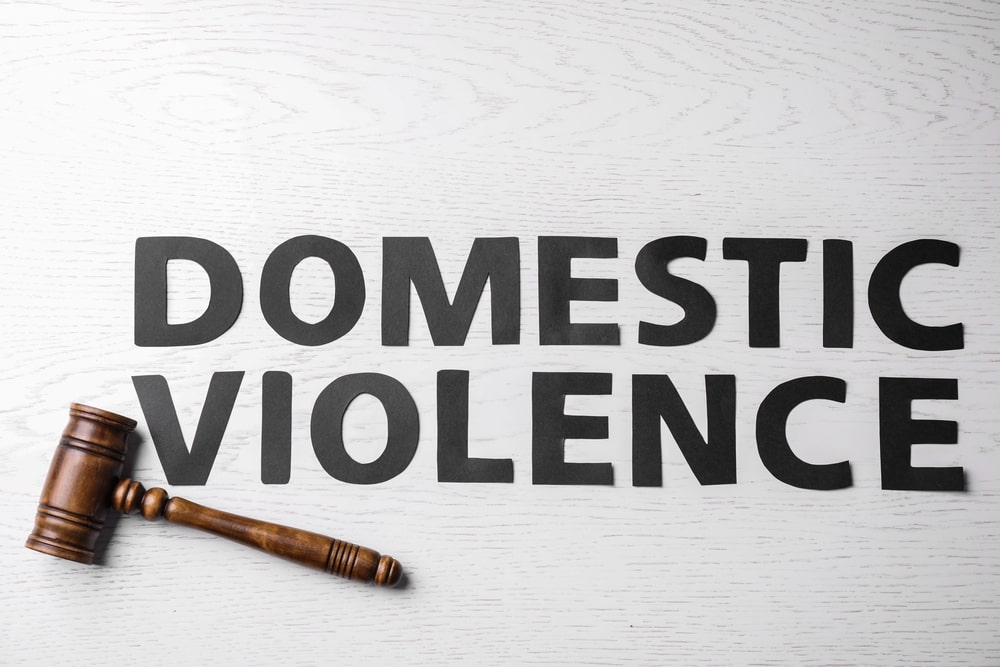
This article was updated March 6, 2025 Oftentimes what I see in these domestic violence situations is that a husband and wife get in a fight. They love each other[...]

Domestic violence cases can be some of the most challenging to deal with for everyone involved. Families with children can be thrown into turmoil with emotions running high. Many people[...]


